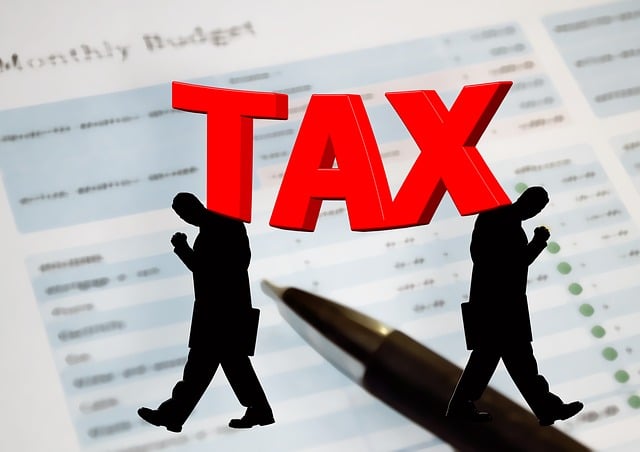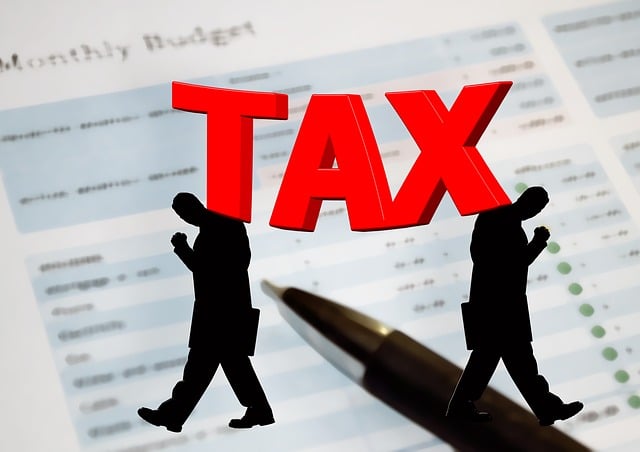Five Things You Need To Know About What Taxes Do Employees Pay Today

Contents
What Taxes Do Employees Pay?
Paying taxes on time saves employees from penalties which can be costly to rectify. That is why it's essential for every employer in the US to withhold a percentage of employee income for tax obligations. The amount withheld depends on the specific employee’s income level.
The taxes help the government to pay the social security fund, medicare and to improve local infrastructure.
In most cases, an employee contributes part of the employee taxes, and the employer pays the remaining share. Employers withhold the employee taxes from their paychecks and pay them to the government.
This guide explains each kind of tax and the amount you are to pay for this.

What Payroll Taxes Do Employees Pay?
Employees should pay payroll tax from wages, salaries, and tips. The employer pays the payroll taxes directly to the government from the employees' paychecks.

The types of employment taxes include the following:
Federal Income Tax
Employees should pay federal tax, depending on their income tax bracket. In the US, there are seven federal income tax brackets allowing each employee taxes to be paid according to their salaries. The 7 income tax brackets are between 10% and 37%.
Employees pay federal income tax on salaries, wages, bonuses, commissions, tips, and investment income. Remember, the higher the income, the more tax percentage for federal taxes. Furthermore, the tax brackets only work on the taxable income and not the actual amount earned by every employee in a given period.
The good thing about federal tax is that after the employer accounts for the deductions, the employee taxes warm credits. The remaining total income becomes taxable income. It’s important to note that the income threshold for federal tax brackets keeps changing every year due to inflation.
Federal income tax is the main source of revenue in the US, and it should be paid on time to avoid government penalties. Employers use the employee's Form W-4 and withholding certificate to determine how much employee taxes they withhold from their salaries.
State Income Taxes
Some states also tax the wages or salaries of employees living within. So, employers should expect to also pay taxes to the state where their employees live and earn their income. State income tax helps the state to fund its budget.
Most states use different approaches to employee taxes, which vary from state to state. For example, some use the no-tax income approach while others do the flat tax. The flat tax approach means paying the same tax rate by the employees regardless of income.
Others use the progressive tax approach. This is where employees with higher incomes pay more taxes. Employees living and working in the same state should file one yearly state return.
Local Income Taxes
Another tax that employees pay is the local income tax this type of employee taxes goes to the cities or counties(local government). This tax is for employees who live or work in a specific city. It’s different from the state income and federal income taxes.
However, not all cities impose this tax on their residents. So every employer should be careful with the local tax rules before withholding or not paying the local income tax. Local governments use this tax for funding education and community improvement programs like repairing parks or roads.
There are permanent local taxes and temporary local taxes. The short-term local taxes are for specific projects like bridge repairs. Each municipality charges a different percentage of local income tax. Some charge flat rates despite the employees' income.
Other countries use the progressive tax rate, which increases the tax rate as the employee's salary rises. However, some municipalities charge flat dollar amounts where all employees pay the same amount regardless of their income.
Social Security Taxes
Employees in the US are also expected to pay social security taxes. These are taxes under the Federal Insurance Contributions Act (FICA). FICA entails old age, disability, and survivors' insurance taxes (social security taxes).
An employee should pay 6.2% as social security tax, the same amount as an employer's contribution.
The social security tax is not put into a trust for an individual employee paying for it. Instead, it’s used for citizens receiving survivorship benefits. For example, when a spouse dies, the surviving spouse or dependent receives the benefits from the taxes.
Employers withhold social security tax from employees' income paychecks. However, not all employees are entitled to this tax as some religious groups oppose the funds. So, an employee who doesn’t believe in receiving social security benefits after retirement or death should not pay.
Additionally, non-resident alien employees should also not pay this tax. Students and employees at the same school where they learn are also exempted from social security taxes.
The social security tax limit also exempts employees earning more than $160,200 from paying. Employees pay for this tax even in retirement, as it has no age limit.
Medicare Taxes
Hospital insurance taxes, popular as Medicare taxes, are channeled to the US treasury under the Hospital Insurance Trust Fund. Employees pay 1.45% for Medicare taxes which helps current and future Medicare beneficiaries.
However, an employee can pay additional medicare taxes if their wages are more than their tax filing status. The high earners have medicare surtaxes which are additional medicare tax and net investment tax. For example, an employer can deduct 0.9% more from an employee whose wages exceed their filing status by $200,000 annually.
The government uses Medicare taxes to fund hospice or nursing home expenses. It is also used for hospital expenses for the elderly and disabled.
An employee should also pay taxes on Medicare wages. Medicare wages include bonuses, vacation allowances, tips, salaries, and commissions.
Bottom Line
Paying the payroll taxes for your employees is a way to help the government to implement its duties. You can also read more on why it's important to pay your taxes earlier here. The government can construct new roads and maintain the local infrastructure through payroll withholding. The taxes employees pay also help with social security and Medicare funds.
Software providers such as payroll or QuickBooks will automatically calculate taxes for your company or you can outsource it to a bookkeeper. If you are a QuickBooks user looking to share your files with your bookkeeper or accountant, be sure to check out Qbox.
Sign up with Qbox today and receive your first 30 days free.

